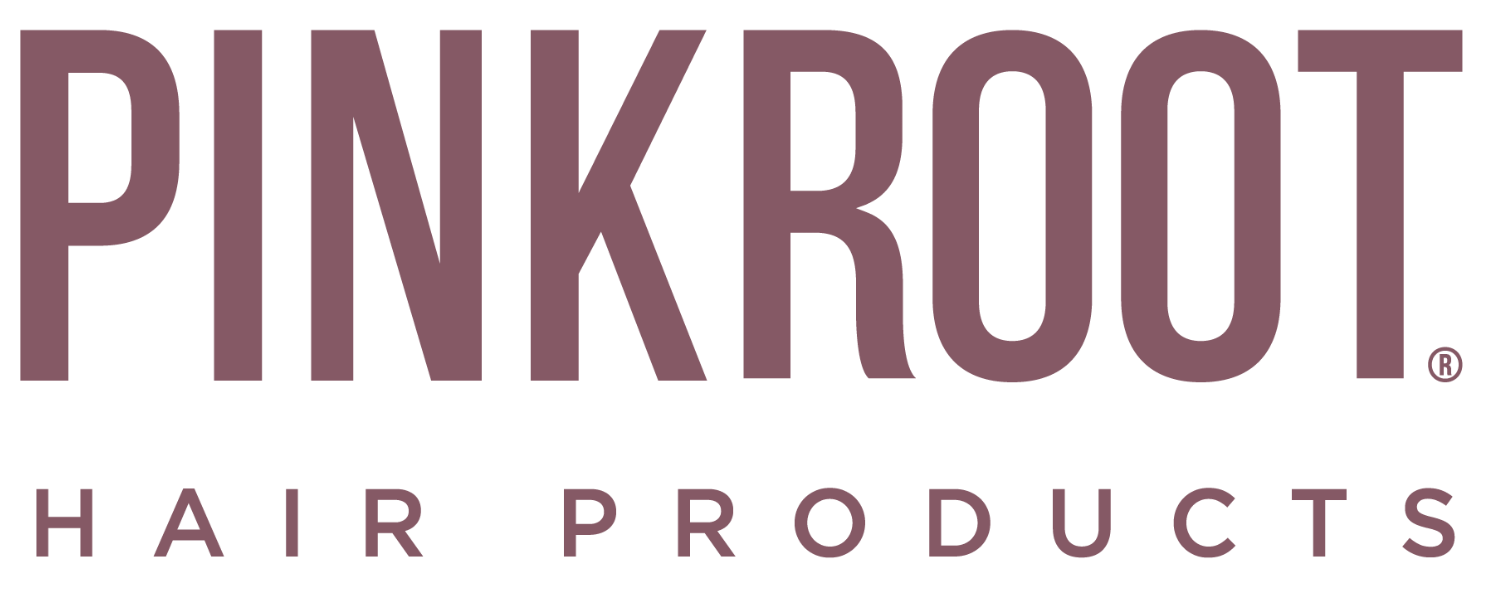Does genetics dictate how long your hair can grow, or is it more about care? Within the natural hair community, there's an ongoing debate about the role of genetics versus hair care in influencing hair growth. Let's explore the genetic blueprint of your hair and uncover how strategic hair care can elevate its health and length.

Genetics determine fundamental aspects of your hair such as texture, density, and growth rate. These genetic factors influence the characteristics of your hair follicles and their growth cycles. For example, your genes affect the shape of your hair follicles and how they angle on your scalp, determining whether your hair is curly, straight, or wavy. Genes also regulate the anagen phase of hair growth - the period when your hair is actively growing - which impacts how long your hair can naturally grow before it enters the resting and shedding phases.

Although genetics set baseline characteristics, environmental conditions, nutritional intake, and your approach to hair care are equally crucial. These elements can either amplify or diminish your hair’s potential. For instance, even if your genes may allow for longer hair, poor practices such as excessive bleaching, dyeing, and heat styling can severely compromise its length and health. Effective hair care practices, therefore, are essential for optimizing what your genetics have endowed.

The Role of Hair Care Practices
Optimizing your hair care routine is key to maximizing the potential that your genetics provide. This includes maintaining a healthy scalp environment, using hydrating products to combat dryness, and applying strengthening treatments that enhance hair resilience. For example, choosing hair care products enriched with ingredients such as proteins or natural oils can help strengthen the hair shaft and promote a longer growing phase, while hair care products rich in ingredients like Pro-Vitamin B5 and Vitamin E improve texture and reduce split ends.

Optimizing Hair Health Through Care and Nutrition
Adopt a holistic approach to hair care by minimizing chemical exposure and enhancing nutritional intake. Avoid harsh treatments like dyes and perms, protect against UV damage with appropriate products or hats, and ensure a diet rich in essential nutrients such as vitamins B, omega-3 fatty acids, zinc, and iron. Regular trims also play a crucial role in preventing split ends, which helps maintain the health and length of your hair.
By understanding and manipulating the intricate interplay between genetics and hair care, you can more effectively nurture and prolong your hair's health and vibrancy, ensuring it reaches its fullest potential.

